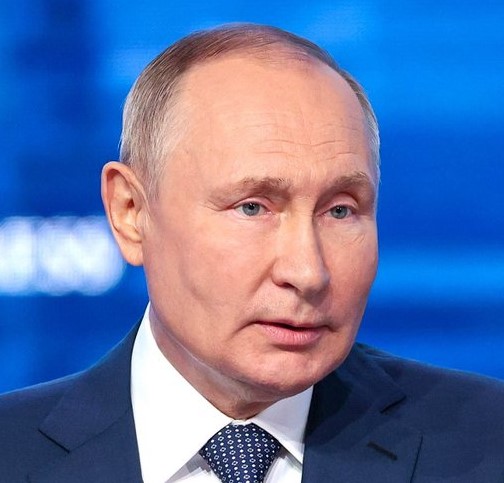Le Monde sees sanctions against Russian oil as a threat to the world economy

Western sanctions on Russian oil are losing their effectiveness every day, and their strengthening could undermine the global economy, writes the French newspaper Le Monde.
The EU has imposed 14 sanctions packages on Russia and set a price ceiling on Russian oil at $60 per barrel. And while some analysts say the sanctions will start to hurt Russia's income in the long term, Le Monde notes that in reality their impact is diminishing every day.
The newspaper also writes that the world economy today is heavily dependent on oil , one of the main producers of which is Russia . Disruptions in supplies, which could be caused by the strengthening of anti-Russian restrictive measures, would lead to a sharp increase in prices, which in turn would provoke an increase in the cost of fertilizers and agricultural products. This would ultimately cause an increase in the price of food products.
"Rising oil prices would have a disproportionate impact on the poorest countries, plunging them into a humanitarian crisis," the newspaper quotes American economist Catherine Wolfram ( quoted by TASS ). In her opinion, such a situation would discredit the West in the eyes of the people of the global South and push them to even closer cooperation with Russia.
Kevin Book, CEO of the American company ClearView Energy Partners, told Le Monde that “sanctions could have worked at a time when most companies specializing in oil transport insurance were located in the West.” “That’s not the case today,” he emphasized.
Since the start of the Russian military operation in Ukraine, the US and EU countries have imposed dozens of sanctions packages against Moscow, including against the largest oil and gas producing companies. In December 2022, the G7 countries ( Great Britain , Germany , Italy , Canada , France , Japan and the US) also set a price ceiling on Russian oil at $60 per barrel. Thus, Western companies cannot provide services for the transportation and insurance of oil sold at a higher price than this level.
In response, President Vladimir Putin signed a decree banning the supply of Russian oil and petroleum products to foreign citizens and companies if the contracts “directly or indirectly provide for the use of a mechanism for fixing the maximum price.”
In recent months , oil prices have shown positive dynamics against the backdrop of events in the Middle East , but over the past week they have fallen from $75 to $71 per barrel, which is roughly in line with the level of early 2024 .
Deputy Prime Minister Alexander Novak said earlier that OPEC+ countries (which includes Russia) take into account geopolitical risks that could directly affect oil markets. At the same time, he noted that global oil prices will not fluctuate much due to the tense situation in the Middle East. According to him, prices are affected by a number of factors, including the balance of supply and demand, economic growth, consumption, and rate increases by central banks in various countries.
Read RBC on Telegram .




























































